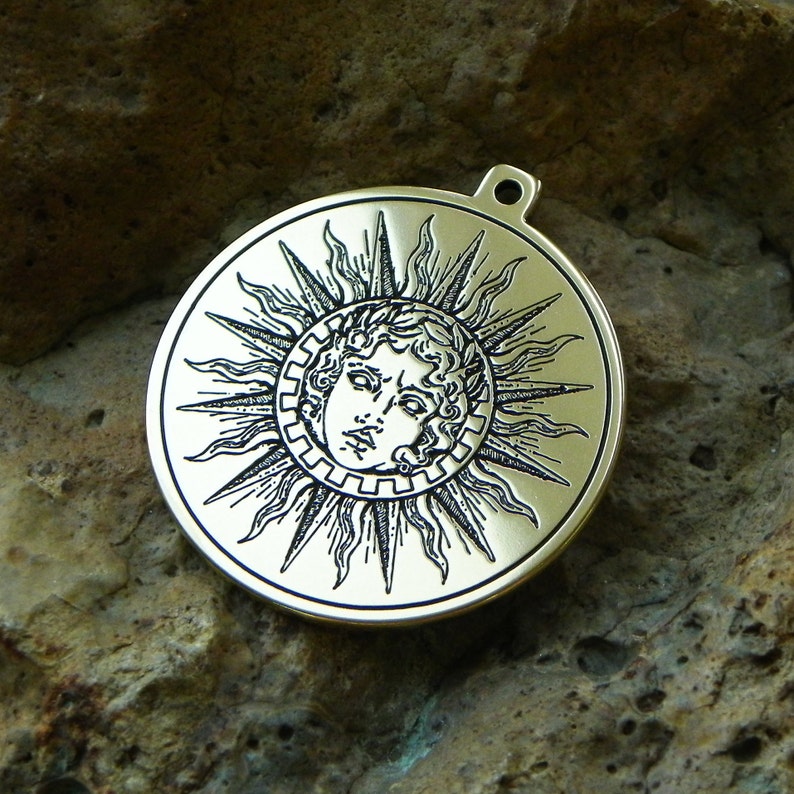

His job was so difficult and dangerous that he had to use a special salve to keep the heat of the sun from burning him beyond recognition. The golden chariot he drove moved his light across the sky through the hours of the day. "Helios." Encyclopedia Mythica: Mythology, Folklore, and Religion. That’s because Helios was the Greek god of the sun. Such as god of war 1, god of war 2, and god of war 3.Helios is featured in multiple god of war games.Find high-quality stock photos that you wont find anywhere. He also didn’t have a downfall or anything like that because of the fact that he did not die. Search from 1147 Helios Sun God stock photos, pictures and royalty-free images from iStock.Helios did not die because he is an immortal being.

He is also immune to all earthly diseases and can resist conventional injury.Like all of the other Olympians he is immortal.


He is also the father of Aeetes, Circe and Pasiphae.It is believed that each morning at dawn he rises from the ocean and rides his chariot to descend at night in the west.He is a major character God of War: Chains of Olympus and a major antagonist in God of. But this Sol was also sometimes called Phoebus, a Greek word meaning Shining which was also a traditional name. Helios was the Olympian Titan God of The Sun and Guardian of Oaths. In Roman tradition, Helios was simply translated kwa the Latin word Sol meaning Sun. Everyday, Helios rides the chariot of the sun, to give light and heat to the world. This is a common arc in Greek cautionary myths, as seen in the fate of famous characters like Icarus and Arachne.Helios (Greek Sun God) By Frankie Figliomeni 3.13.12 Period 2 Apollo usually ended up as the light au the sun. The tree stands 380 feet tall and is named after Greek mythology Hyperion was one of the Titans and the father of sun god Helios and moon goddess Selene. Ultimately, his tale continues to resonate as a story of mortal hubris that ends in tragedy. Phaethon is depicted in several notable works of visual art, including work by Sodoma and Rubens. One of the most famous Aethoipian heroes is Memnon, who fought in the Trojan war. To them, he was the representation of the sun and sunlight, traveling across the sky every day. That was the image that would come to the minds of ancient Greeks when they thought of Helios. As this article explains, Aethiopia is a shifting space that appears in Greek and Roman myth, geography and history. Helios The Sun God A handsome Titan with flowing hair, driving a golden chariot pulled by four fiery steeds across the sky. Helios, also Helius in ancient Greek religion and myth, is the Titan God and personification of the Sun, often depicted in art with a radiant crown and driving a horse-drawn chariot through the. In classical myth, Aethiopia is not the same as Ethiopia the modern-day country. You can read more about the transformation of the Heliades here.Īnother peripheral character in the story is Merops, King of Aethiopia. In many tellings they wasted away into bark and bloom, becoming mournful poplar trees that leaked precious amber into the river. For instance, Phaethon’s sisters (known as the Heliades, after their father) gathered at the site of his death, weeping into the river that claimed his life. The Metamorphosis are renowned tales of transformation, which contain rich details about the rise and fall of Phaethon as well as the ways in which his family responded to his fate. Helios ( /hili.s/ Greek: 'Sun', Latinized as Helius) was the personification of the Sun in Greek mythology. There are many versions of the story of Phaethon – you can find modern summaries here and here as well as a famous classical version in Ovid’s Metamorphosis, which you can read here. Across world mythology, there are many myths that explain the sun – click here to read introductions to Maori, Norse, Cherokee and Chinese narratives. His initial dissatisfaction stems from his separation from his father Helios, and his own desire for Godlike qualities.Īs a God, Helios embodies the rise and fall of the sun. In Greek mythology, Phaethon is a brooding young man whose inflated sense of self causes his downfall.


 0 kommentar(er)
0 kommentar(er)
